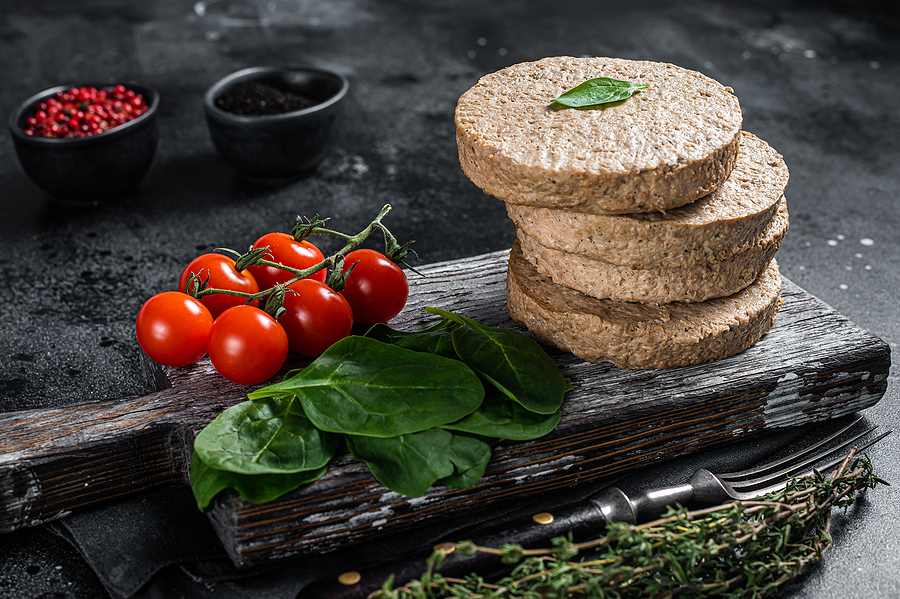More than 4 in 10 of shoppers at least occasionally eat plant-based meat, dairy, or seafood alternatives, according to FMI – The Food Industry Association’s inaugural Power of Plant-based Food and Beverages 2022 report. Still there remains some confusion about these products.
Key findings from the report:
- Dairy alternative sales are more than twice those of meat alternatives.
- Shoppers most regularly consume options that are naturally plant-based:
- 75% fruits and vegetables
- 43% beans, nuts, or grains
- Dairy milk alternatives are most popular (24%), while seafood alternatives are least popular (12%).
- Millennials and shoppers in households making over $100,000 are most likely to buy plant-based food and beverages.
FMI also found that consumers are confused about the attributes of the products. The word most commonly associated with plant-based foods and beverages is “healthy,” followed by “vegan,” “vegetarian,” “organic,” and “natural.”
Krystal Register, senior director for health and well-being at FMI, said in a press release that consumers seek out plant-based products primarily for taste and nutrition, which gives the food industry “an opportunity to provide guidance and educate consumers on overall healthy eating approaches that include plant-based options in alignment with the Dietary Guidelines.”
Following a seemingly meteoric rise, the plant-based protein market is struggling. Last week in an earnings call, Maple Leaf Foods announced that it has cut its plant-based division, Greenleaf Foods, by 25% after the “transformational outcome” the company expected “did not materialize.” In addition, analysts have cut their forecasts for Beyond Meat after several quick-service restaurants, including McDonald’s, decided not to expand launches of plant-based products, Reuters reported.



